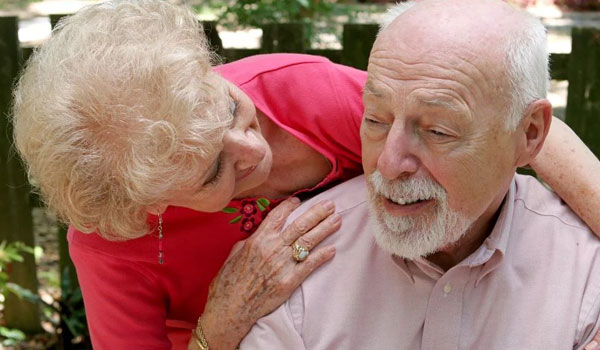New US research suggests genetics plays a significant role in determining how affectionate you are – but only if you’re a member of the fairer sex.
The Arizona University study examined 464 pairs of adult twins between the ages of 19 and 84, with roughly half identical and half fraternal.
Each participant was asked a series of questions designed to measure their likelihood to express affection, and these responses were compared to their twins.
The researchers assumed that if genetics played no role, the results for fraternal twins (who share 50% genetic material) would be similar to identical twins (who share 100% genetic material).
However, this was not the case.
Identical twin pairs consistently recorded scores that were more similar than fraternal twin pairs –suggesting there is a genetic element at play.
Interestingly though, this was only true for the female twin pairs.
“In my field, there is a really strong underlying assumption that whenever we see differences in a trait level in people’s social behaviours – like how talkative they are or how shy they are or how affectionate they are – those differences are learned; they’re a function of the environment,” said Kory Floyd, a professor in the University’s Department of Communication in the College of Social and Behavioural Sciences.
“A study like this makes room for us to talk about the possibility that a number of social and behavioural traits that we automatically assume are learned may also have a genetic component.”
Floyd was quick to mention it doesn’t entirely come down to genetics.
“Our genes simply predispose us to certain kinds of behaviours; that doesn’t automatically mean we’re going to engage in those behaviours. And it certainly doesn’t mean that we have no control over them.”
So, the next time you get the cold shoulder when you lean in for a hug, don’t worry – it might just be genetic!



